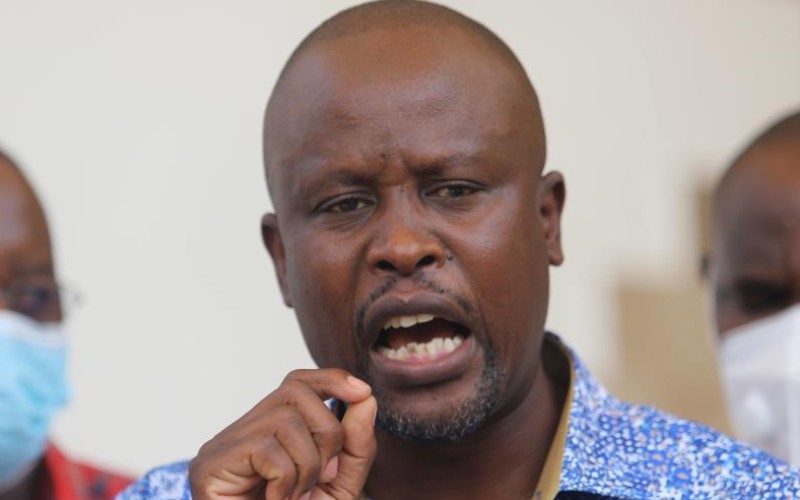National Assembly’s Committee on Budget and Appropriations chairperson Kanini Kega. [Kelvin Karani, Standard] Members of Parliament have agreed to some of the tough conditions set by the International Monetary Fund (IMF) including the scrapping of tax breaks and exemptions.
In a report by the Budget and Appropriations Committee on the Budget Policy Statement for 2021-22 and the Medium Term Debt Management Strategy, the lawmakers also asked the National Treasury to expedite restructuring of highly indebted State corporations, a condition that had earlier been issued by the IMF for the country’s access to a Sh262 billion facility.
“The National Treasury should restructure State-owned enterprises (SoEs), especially the highly indebted ones who are unable to meet their operational costs, with a view to privatising some of them by end of 2021-22 financial year in order to put them on a sound economic footing,” said the committee chaired by Kieni MP Kanini Kega.
The committee also asked Treasury to defer new projects by one year until funding is available. Funds should also be provided for stalled projects before finalisation of budget estimates for 2021-22. Read More
Treasury is also required to take into account the pending bills and ensure that they are adequately provided for within the approved expenditure ceilings.
Most of the changes had been captured by the National Treasury in the Budget Policy Statement. However, IMF had earlier on pronounced itself on them.
Last month, the IMF approved the crucial credit facility for Kenya under a three-year programme.
Previously, the country had a precautionary credit arrangement with the IMF, which ended after Kenya flouted some of the conditions, including failure to keep its debt low.
The money is expected to help the country reboot the economy following the adverse effects of the Covid-19 pandemic amid shrinking revenues.
The global lender said the combined programme under the Extended Fund Facility and Extended Credit Facility is also aimed at helping the country reduce its debt vulnerabilities.
The agreement now awaits the approval of the IMF Executive Board, its highest decision-making organ.It will also see Kenya undertake some significant restructuring of some of its struggling SoEs, reminiscent of the structural adjustment programme in the ‘90s that left thousands of public servants without jobs.However, Kenyan authorities have requested some leeway to prop up some of the corporations that have been hit hard by the pandemic, with Treasury, for instance, releasing Sh26 billion to recapitalise cash-strapped Kenya Airways.Another Sh500 million worth of equity was […]
